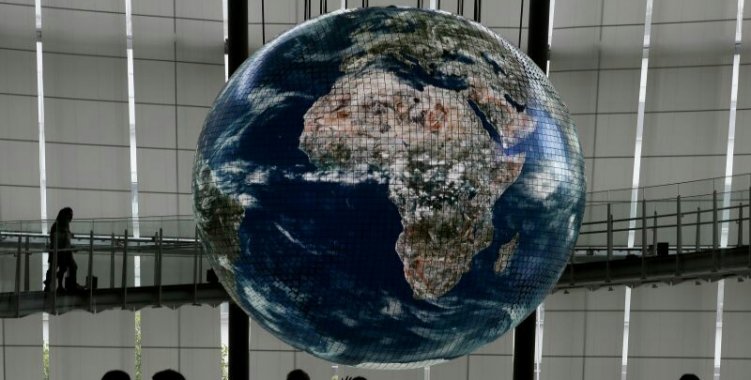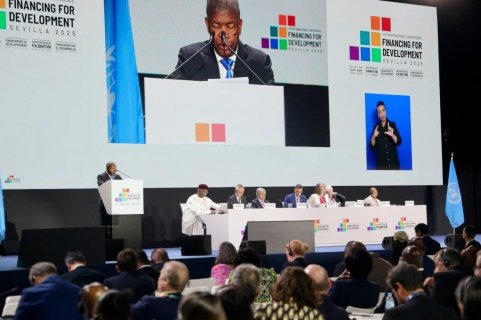"Africa is becoming more resilient, has launched very difficult reforms, two months ago Nigeria cut subsidies in the middle of a pandemic, and European and Portuguese investors have to align their perception of the continent with the reality that exists today," Hippolyte Fofack said.
"Perceptions about the continent are lagging behind the reality and positive perspectives that exist, and that will be even more positive with the implementation of the agreement on the African Continental Free Trade Area (ALCCA)," which came into force on Friday, Fofack added.
Asked whether Angola and Mozambique will be among the countries that will benefit most from the liberalization of customs tariffs, the chief economist of Afreximbank noted that the more diverse countries will be in a better position to take advantage of the agreement.
"We want everyone to win, it is the best way to ensure that everyone works together and nobody leaves the union, but a country that has a more diversified economy and with more manufactured goods will be better positioned to benefit from the agreement, because the artisan production is a key condition," argued the economist.
On Angola, whose oil exports account for more than 95 percent of the country's total exports, with a very poorly diversified economy, Hippolyte Fofack praised President João Lourenço for the reforms, but without hiding the difficulties.
"The current president has made very difficult reforms in the last two years to speed up structural change and promote industrialization, and at a certain point we talked about creating a factory for medicines and medical supplies, because Africa spends 16 billion dollars a year importing medicines and pharmaceuticals, so if it can cure itself of the 'Dutch disease,' it can benefit from these reforms, because it has a market that justifies that investment in the long term," the economist said.
The 'Dutch disease' is an expression used to characterize economies that are so dependent on a single raw material or product that they end up neglecting the production of other products, goods or services, becoming more vulnerable to shocks in that sector, which is essential to balance public finances.
"Africa is embarking on a new journey, and it will take injections of 'patient capital' to accelerate the transformation of African economies, such as Angola or Mozambique, and allow them to fully benefit from the agreement that is now being implemented," concluded the Cameroonian economist.
The free trade agreement in Africa creates a single market of 1.3 billion people with a Gross Domestic Product of $3.4 billion, and covers the vast majority of African countries.







